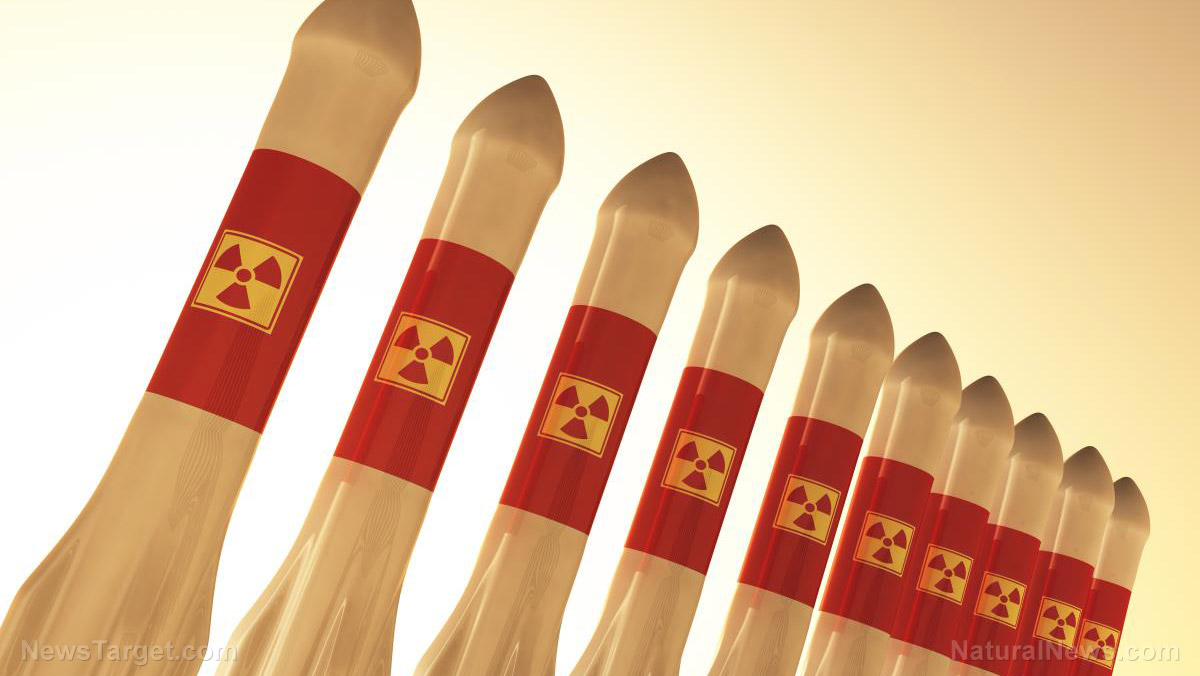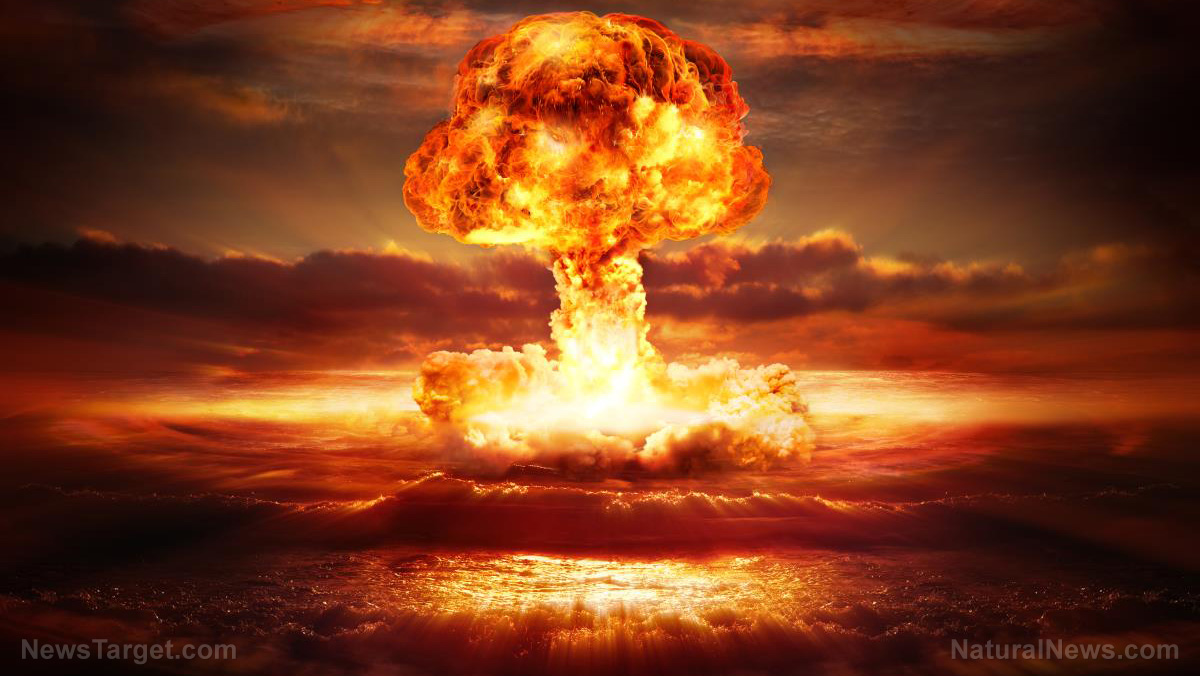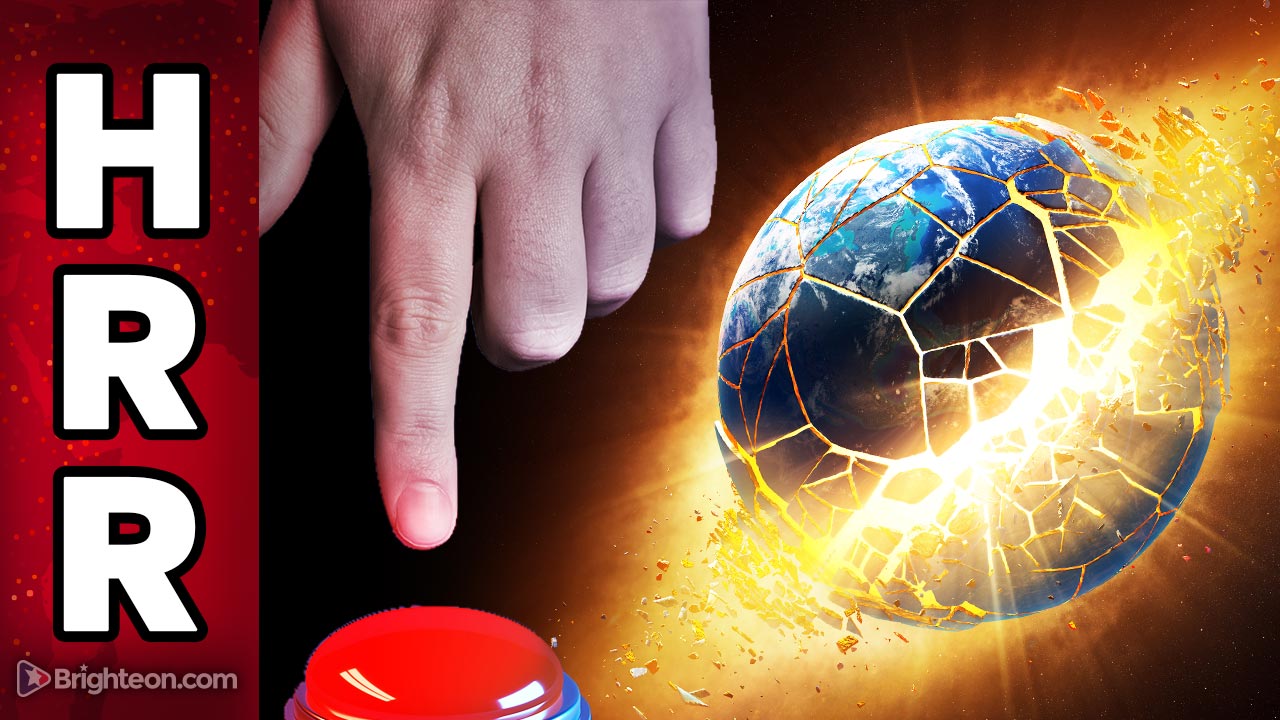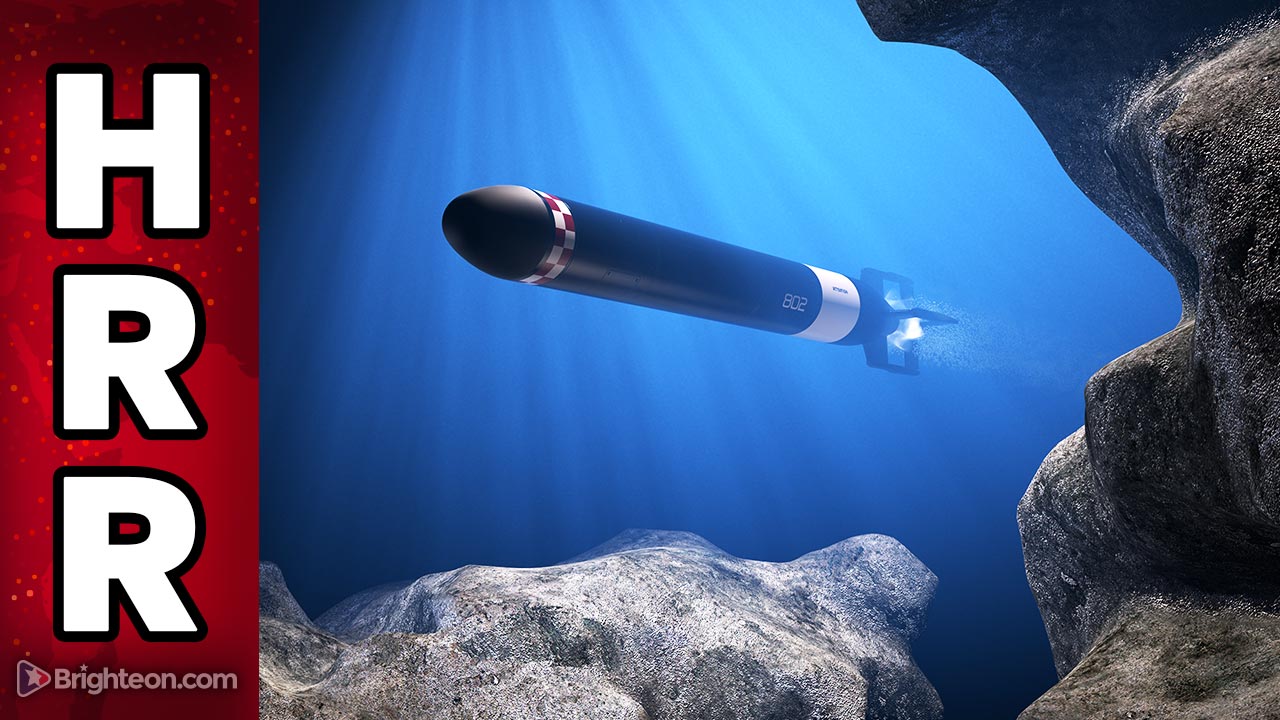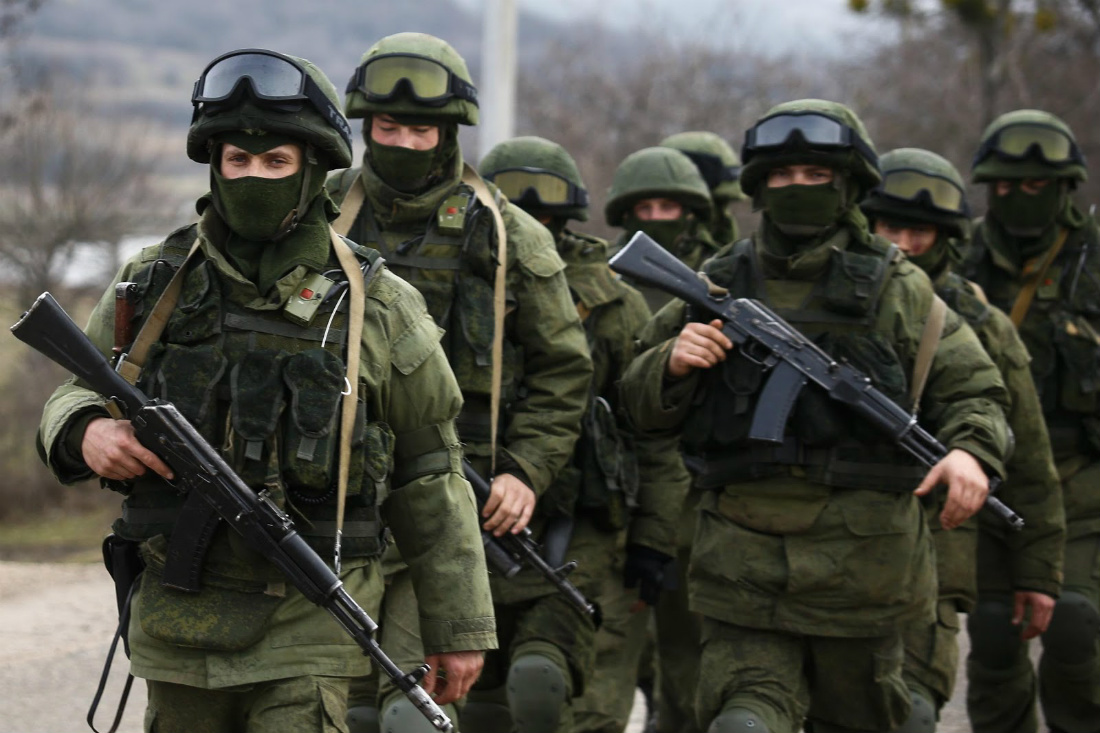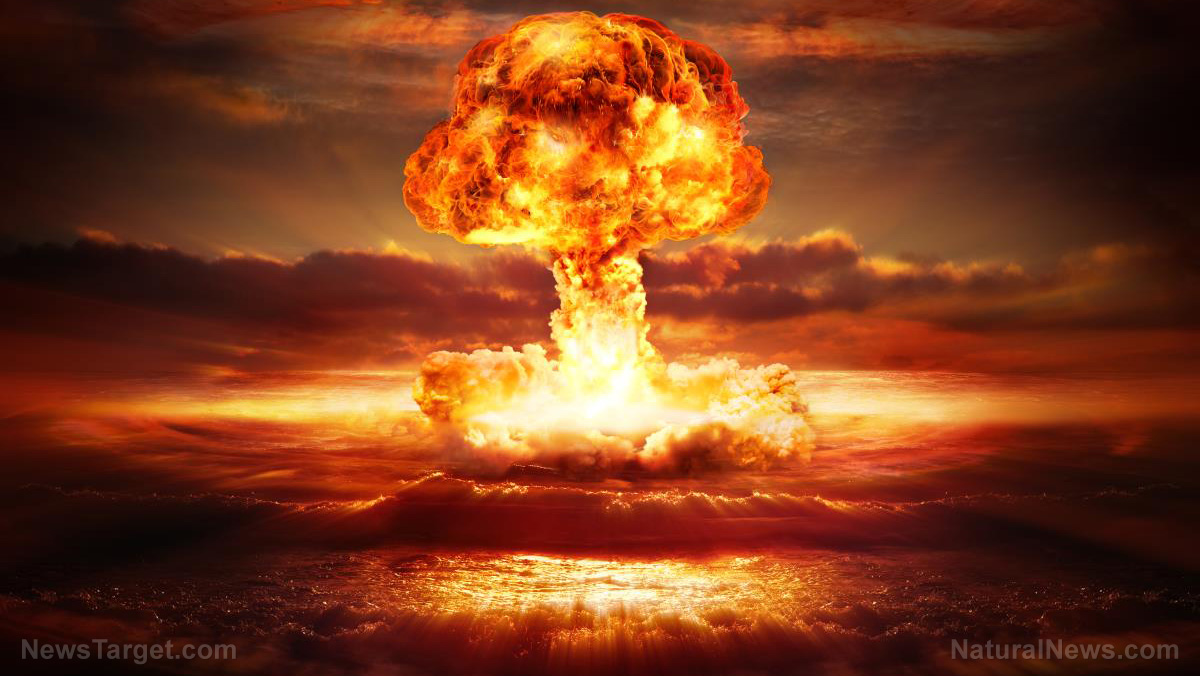Radioactive waste discovered at Missouri elementary school
10/21/2022 / By Kevin Hughes

An environmental investigation company discovered radioactive waste contamination at a Missouri elementary school located near an area where nuclear waste was discarded.
The report by the Boston Chemical Data Corp. (BCDC) confirmed fears about nuclear waste contamination at the Jana Elementary School in Florissant, Missouri. BCDC refused to divulge the entities that requested and paid for its analysis.
Its report was based on samples taken from the school in August 2022, according to the St. Louis Post-Dispatch. The company took samples from the school’s library, kitchen, classrooms, fields and playgrounds and tested them in its laboratories for any signs of nuclear waste contamination. (Related: Japanese schools continue to be used as storage for post-Fukushima radioactive waste.)
According to BCDC, levels of radioactive toxins such as the isotope lead-210, polonium and radium were “far in excess” of what it had anticipated. It warned that inhaling or ingesting these radioactive materials can cause serious injury, adding that “a significant remedial program will be required to bring conditions at the school in line with expectations.”
An earlier study by the U.S. Army Corps of Engineers (USACE) raised the issue of nuclear contamination at the school. While the USACE’s report discovered contamination in the school, it reported much lower levels. Moreover, it did not take any samples within 300 feet of the school.
The USACE also downplayed the findings of the BCDC report. USACE program manager Phil Moser said the company’s report “is not consistent with our accepted evaluation techniques and must be thoroughly vetted to ensure accuracy,” adding that “any contamination posing a high risk or immediate threat would be made a priority for remediation.”
Jana Elementary School lies in the flood plain of Coldwater Creek, which was contaminated by nuclear waste from weapons manufactured during World War II. The waste was dumped at locations near the St. Louis Lambert International Airport, next to the creek that flows into the Missouri River.
School to shift to virtual learning after nuclear waste discovery
The BCDC’s independent report, which marked the first time samples were taken from inside the school, confirmed parents’ worst fears. It showed that radioactive levels were most probably posing an “unacceptably high risk to the children.”
Hazelwood School District, which is in charge of Jana Elementary School, said in a statement that it will consult with attorneys and experts to determine the next steps that it will take. “Safety is absolutely our top priority for our staff and students,” said school board president Betsy Rachel.
During an Oct. 18 school board meeting, the district told concerned parents that Jana Elementary School will shift to virtual learning from Oct. 24 and that the school premises would be closed. Students will also be distributed to other schools within the area after the Thanksgiving break, it added.
Parents, meanwhile, thanked board members in emotional speeches for taking steps to protect their children. They also directed their anger at the school district for its lack of transparency, citing the fact that they only learned about the nuclear waste contamination through Facebook posts.
“I was heartbroken. It sounds so cliche, but it takes your breath from you,” said Ashley Bernaugh, president of the Jana Elementary School Parent-Teacher Association, who has a son studying at the school.
Prior to the Oct. 18 meeting, she expressed hope that community members would give their support to the school board. “We know our school district didn’t make this waste,” Bernaugh said, adding that she is blaming the USACE and the Department of Energy for not taking steps to test and clean up the school from radioactive contamination.
Visit Pollution.news for more news about radioactive waste being found in the environment.
Watch the video below to know how Japan is dumping one million tons of radioactive water into the ocean.
This video is from the High Hopes channel on Brighteon.com.
More related stories:
Florida crews race to drain radioactive wastewater reservoir on the brink of collapse.
Sources include:
Submit a correction >>
Tagged Under:
Boston Chemical Data Corp., chemicals, contamination, Hazelwood School District, Jana Elementary School, Missouri, nuclear waste, poison, radioactive levels, radioactive waste, samples, toxic chemicals, US Army Corps of Engineers, Waste disposal
This article may contain statements that reflect the opinion of the author



